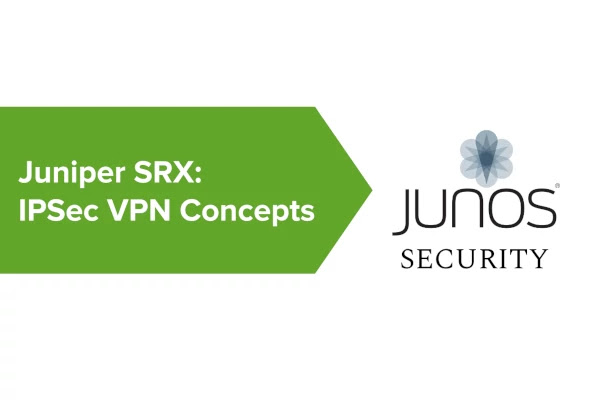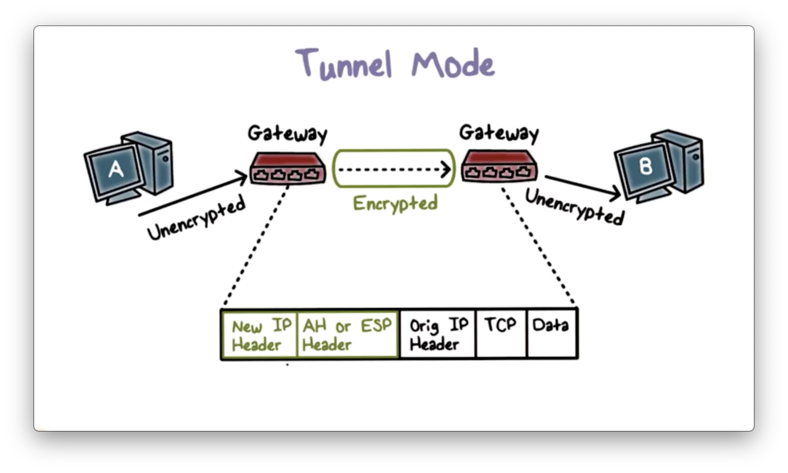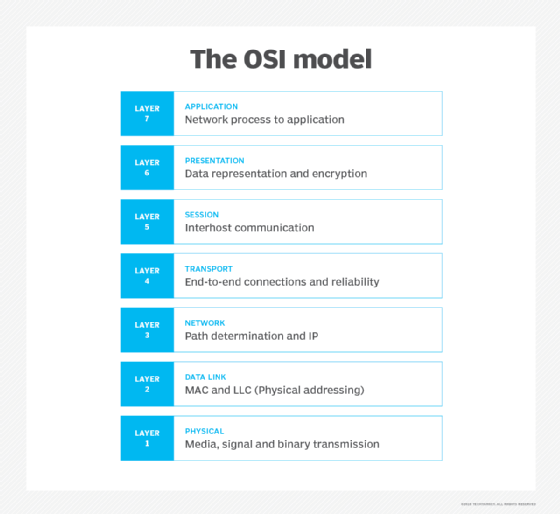Featured
Table of Contents
Secure Windows Traffic With Ipsec - Cornell University
These settlements take two forms, primary and aggressive. The host system that begins the process recommends file encryption and authentication algorithms and settlements continue up until both systems settle on the accepted procedures. The host system that begins the procedure proposes its preferred encryption and authentication techniques however does not negotiate or change its preferences.
As soon as the data has actually been moved or the session times out, the IPsec connection is closed. The personal keys utilized for the transfer are erased, and the process comes to an end.
IPsec uses two main protocols to offer security services, the Authentication Header (AH) procedure and the Encapsulating Security Payload (ESP) procedure, in addition to numerous others. Not all of these procedures and algorithms need to be utilized the particular choice is figured out during the Settlements phase. The Authentication Header procedure authenticates data origin and integrity and offers replay protection.
What Is Ipsec?
A trusted certificate authority (CA) provides digital certificates to confirm the communication. This allows the host system receiving the data to validate that the sender is who they declare to be. The Kerberos protocol offers a centralized authentication service, allowing gadgets that utilize it to confirm each other. Different IPsec applications may utilize various authentication methods, however the outcome is the very same: the safe transfer of data.
The transport and tunnel IPsec modes have a number of essential distinctions. Encryption is just used to the payload of the IP packet, with the initial IP header left in plain text. Transport mode is primarily used to offer end-to-end interaction in between two gadgets. Transport mode is mainly used in circumstances where the two host systems interacting are trusted and have their own security procedures in place.
Encryption is used to both the payload and the IP header, and a brand-new IP header is added to the encrypted packet. Tunnel mode offers a safe and secure connection between points, with the initial IP packet covered inside a brand-new IP package for extra protection. Tunnel mode can be used in cases where endpoints are not relied on or are doing not have security mechanisms.
What Is Ipsec?
This implies that users on both networks can engage as if they were in the exact same space. Client-to-site VPNs permit individual devices to link to a network from another location. With this alternative, a remote worker can run on the exact same network as the rest of their group, even if they aren't in the exact same location.
(client-to-site or client-to-client, for example) most IPsec topologies come with both advantages and disadvantages. Let's take a closer look at the advantages and drawbacks of an IPsec VPN.
An IPSec VPN is flexible and can be set up for various usage cases, like site-to-site, client-to-site, and client-to-client. This makes it an excellent alternative for organizations of all shapes and sizes.
Data Encryption And Authentication - Ipsec


IPsec and SSL VPNs have one primary distinction: the endpoint of each protocol. Most of the times, an IPsec VPN lets a user connect remotely to a network and all its applications. On the other hand, an SSL VPN produces tunnels to particular apps and systems on a network. This restricts the methods in which the SSL VPN can be used but reduces the possibility of a jeopardized endpoint causing a broader network breach.
For mac, OS (through the App Store) and i, OS versions, Nord, VPN uses IKEv2/IPsec. This is a combination of the IPsec and Internet Key Exchange variation 2 (IKEv2) procedures. IKEv2/IPsec allows for a safe VPN connection, without compromising on internet speeds. IKEv2/IPsec is just one option readily available to Nord, VPN users.
Stay safe with the world's leading VPN.
Ipsec Configuration - Win32 Apps
Before we take a dive into the tech stuff, it is very important to see that IPsec has rather a history. It is interlinked with the origins of the Internet and is the result of efforts to establish IP-layer file encryption techniques in the early 90s. As an open protocol backed by continuous advancement, it has shown its qualities for many years and despite the fact that opposition protocols such as Wireguard have occurred, IPsec keeps its position as the most widely utilized VPN procedure together with Open, VPN.
SAKMP is a procedure utilized for establishing Security Association (SA). This procedure involves two steps: Phase 1 establishes the IKE SA tunnel, a two-way management tunnel for key exchange. Once the communication is established, IPSEC SA channels for secure information transfer are established in phase 2. Attributes of this one-way IPsec VPN tunnel, such as which cipher, method or key will be utilized, were pre-agreed by both hosts (in case of IPsec VPN, this is a connection between a gateway and computer).
IPsec VPNs are commonly utilized for numerous factors such as: High speed, Very strong ciphers, High speed of developing the connection, Broad adoption by operating systems, routers and other network gadgets, Of course,. There are alternative options out there such as Open, VPN, Wireguard and others (see the list of essential VPN protocols on our blog).
What Is Ipsec?
When establishing an IKEv2 connection, IPsec utilizes UDP/500 and UDP/4500 ports by default. By basic, the connection is developed on UDP/500, but if it appears throughout the IKE facility that the source/destination is behind the NAT, the port is changed to UDP/4500 (for information about a technique called port forwarding, examine the post VPN Port Forwarding: Great or Bad?).
There are several differences in regards to innovation, use, advantages, and disadvantages. to encrypt HTTPS traffic. The function of HTTPS is to protect the material of interaction between the sender and recipient. This ensures that anyone who wishes to intercept interaction will not be able to discover usernames, passwords, banking information, or other sensitive information.
All this details can be seen and kept an eye on by the ISP, government, or misused by corporations and aggressors. To eliminate such threats, IPsec VPN is a go-to service. IPsec VPN deals with a various network layer than SSL VPN. IPsec VPN operates on the network layer (L3) while SSL VPN runs on the application layer.
Ipsec - Wikipedia

When security is the main concern, modern-day cloud IPsec VPN need to be selected over SSL given that it secures all traffic from the host to the application/network/cloud. SSL VPN secures traffic from the web browser to the web server only. IPsec VPN protects any traffic in between two points determined by IP addresses.
The issue of picking in between IPsec VPN vs SSL VPN is closely related to the subject "Do You Required a VPN When Many Online Traffic Is Encrypted?" which we have actually covered in our current blog site. Some might think that VPNs are hardly necessary with the rise of built-in encryption straight in e-mail, web browsers, applications and cloud storage.
Latest Posts
Best Vpns For Remote Workers & Freelancers In 2023
Best Vpn Solution For Your Business
The Best Vpn For Business In 2023: Top 8 Corporate ...